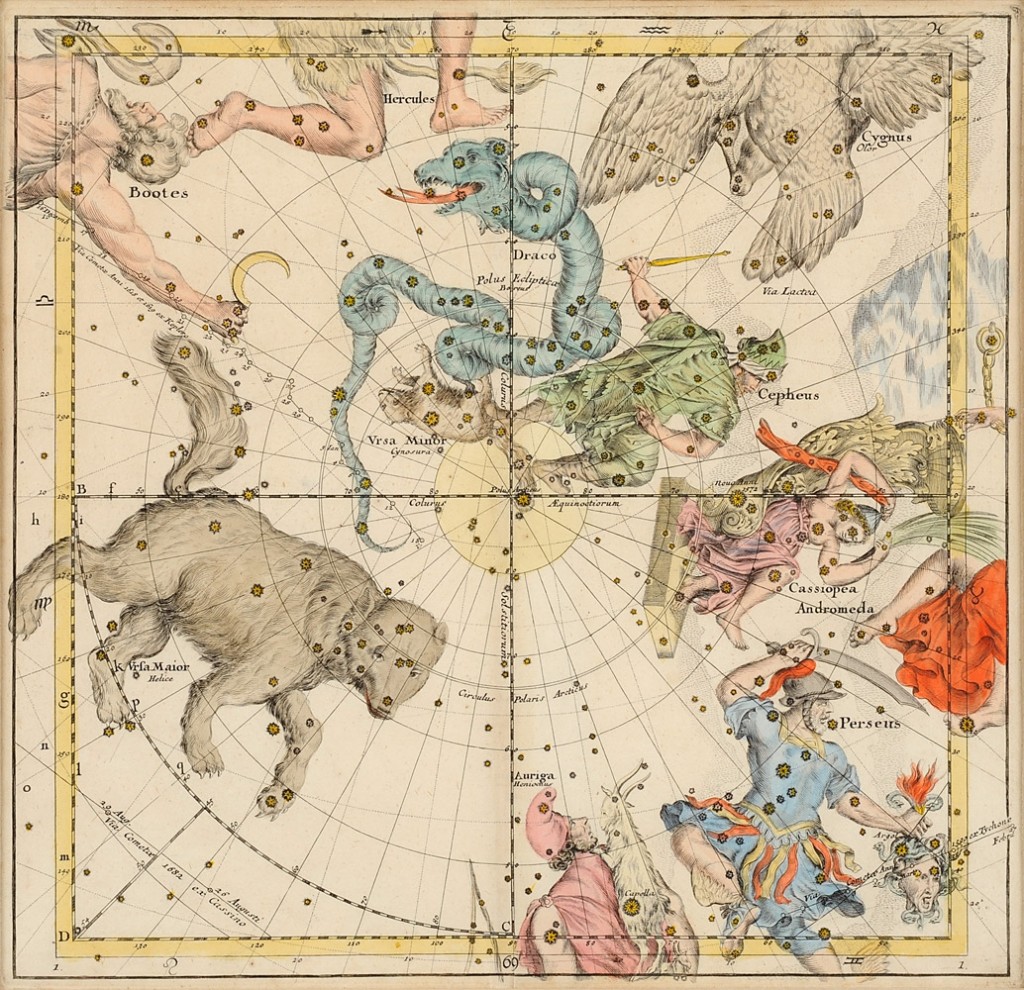In linguistics, the copula is a word that binds subjects and predicates together, to assert a property or state. In English, this is the verb to be. Spanish makes a distinction between properties and states using two different verbs, ser and estar, respectively.
Polish-American philosopher Alfred Korzybski was famous for his war against the copula:
The map is not the territory.
Whatever you say a thing is, it isn’t.
Korzybski named his skeptical school of linguistic philosophy general semantics. He observed that the unconsidered use of the copula leads to many logical errors, and that such language does not reliably express thought or meaning.
An amusing Korzybski anecdote from Wikipedia:
One day, Korzybski was giving a lecture to a group of students, and he interrupted the lesson suddenly in order to retrieve a packet of biscuits, wrapped in white paper, from his briefcase. He muttered that he just had to eat something, and he asked the students on the seats in the front row if they would also like a biscuit. A few students took a biscuit. “Nice biscuit, don’t you think,” said Korzybski, while he took a second one. The students were chewing vigorously. Then he tore the white paper from the biscuits, in order to reveal the original packaging. On it was a big picture of a dog’s head and the words “Dog Cookies.” The students looked at the package, and were shocked. Two of them wanted to vomit, put their hands in front of their mouths, and ran out of the lecture hall to the toilet. “You see,” Korzybski remarked, “I have just demonstrated that people don’t just eat food, but also words, and that the taste of the former is often outdone by the taste of the latter.

